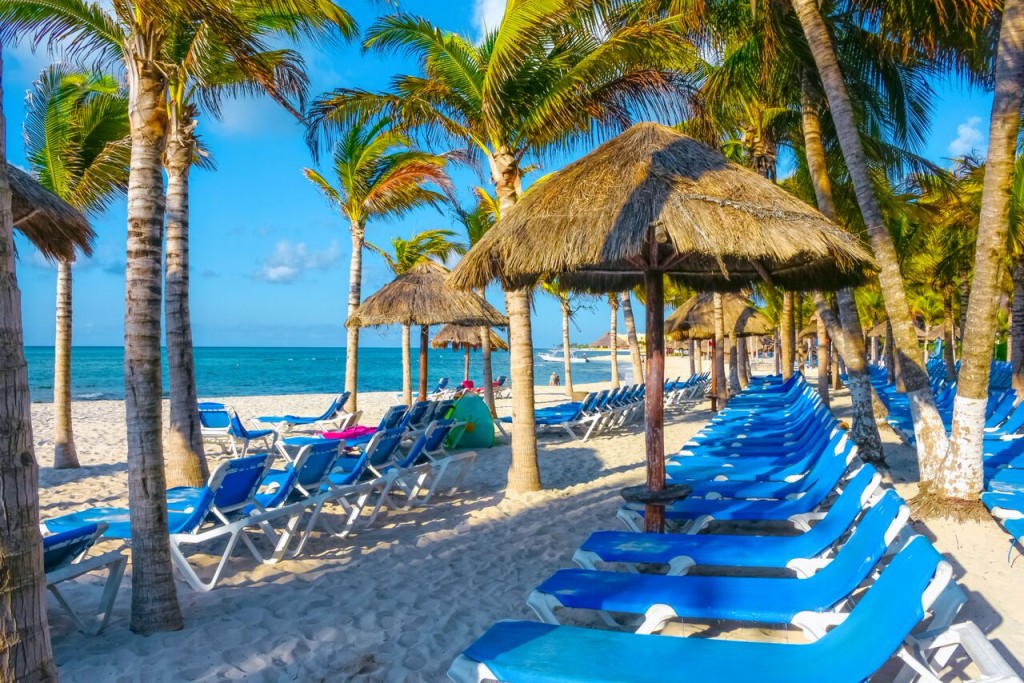
Why your all-inclusive vacation isn’t real travelling
By Jillian McMullen, Staff Writer
As expressed by the name, all-inclusive resorts include, well, everything. Resort prices typically cover your room, food, and usually drinks (both non-alcoholic and alcoholic). This makes them particularly attractive to families with children, who are looking for the most hassle-free vacation possible.
Realistically, these resorts are incredibly practical because their structure doesn’t offer much room for surprise. However, the problem with these resorts is you can’t really call them “travelling,” you would more accurately call it “vacationing.”
Throughout high school, schoolmates would tell me of their plans to go to a beachfront resort in either Los Cabos or in Maui with their families over the winter or spring breaks. Their hotel was always steps away from the ocean, featuring fluorescent sunsets just outside their suite windows. My friends would bashfully tell me stories of getting tipsy on too-sweet margaritas with their favourite aunt after their parents had gone to bed because “nobody cares over there.” I also seem to remember every trip somehow including, at one point or another, a ride on one of those inflatable banana boats.
However, that’s just it—every story was the same. They are formulaic. One of the most rewarding things about travelling is the moments of unexpectedness. Moments where you’re presented with an opportunity to participate in something you could have never expected during the planning process of your trip.
When I was 17, I went to Greece. On my last night in Athens, we snuck out and ended up in a bar frequented only by locals who barely spoke English. We sat for hours talking about our lives in Canada and theirs in Greece, constantly laughing whenever our broken translations failed our purpose. This remains one of my favourite memories of that trip.
Resorts are bizarre because they exist in some sort of limbo, simultaneously in another country but paradoxically suspended in their own fantastical “no-country.” I think the people who serve vacationers are often either totally divorced from their heritage, presented only as a type of resort representative, or obnoxiously “caricaturized,” presented as the penultimate example of the country’s culture. All-inclusives separate their patrons from their locale by virtue of their very construction. Patrons are contained within the grounds of their resort—which is often gated, creating another very tangible boundary—and are fully provided for so they have no reason to ever leave those grounds. Can someone really say they’ve been to a country if all they did was drink cocktails on the beach?
This is not to say I don’t understand why people choose resorts. If the goal of a trip is simply rest and relaxation, then yes, a resort is probably incredibly attractive. However, I don’t think you can call yourself well-travelled if every trip you’ve taken has been to an all-inclusive resort.

